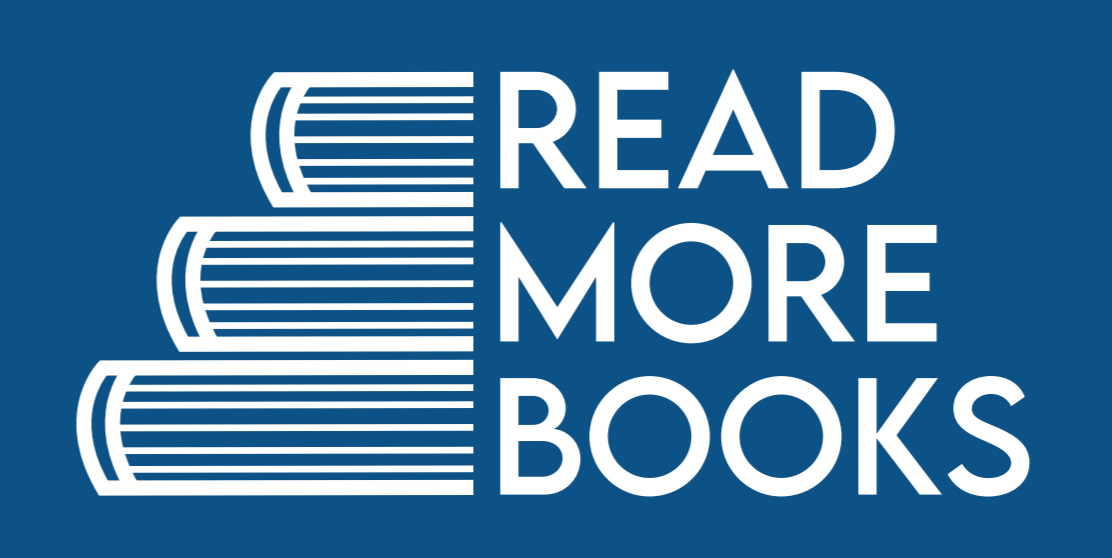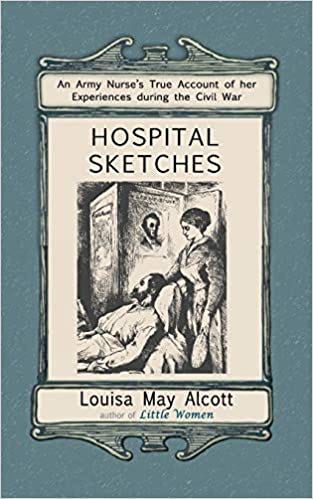What to Read Next (No. 196): 19th century ladies
I’m already in prep mode for my ‘22 reading plan, which is a selection comprised entirely of women authors. The list is 52 books, which leaves plenty of room for following my bookish whims. (My reading goal for next year is ~75 books, which is less than usual, but I plan to write quite a bit more—my own book is coming along!)
Jane Austen and Louisa May Alcott, two women I’ve tried and failed to read before, are on the list for January for their best-known works: Pride and Prejudice and Little Women. This month, I dove into a couple of their lesser-known works as a bit of background reading.
Let’s jump right in.
P.S. Let me know what you’re reading! I love to hear.
Hospital Sketches by Louisa May Alcott
Published: 1863 | Pages: 80
“Let no one who sincerely desires to help the work on in this way, delay going through any fear; for the worth of life lies in the experiences that fill it, and this is one which cannot be forgotten.”
Before writing Little Women in the late 1860s, Alcott spent six months as a Union nurse during the Civil War. (Her work was cut short by a rough stint with typhoid fever.) During that time, she wrote a series of short sketches about the experience—they were witty, moving, and showed the reality of a nurse’s life better than anything else at the time.
Her family and friends immediately saw not only the journalistic value but also the innate literary quality. They urged her to publish these sketches in newspapers, which she reluctantly did starting in 1863—right in the middle of the war.
Though the sketches are technically a fictionalized version of Alcott’s experiences, the only difference is the narrator being named Tribulation Periwinkle instead of Louisa May Alcott. Besides that, what happens in these pieces is true to what actually happened.
The first couple sketches detail the process of becoming a nurse—which was no easy feat back then. It was hard for young women to volunteer for the war effort in a meaningful way. Then Alcott gets into the details of her overnight shift work, looking after brutally wounded men as they pass their final few hours in her care: “the presence of human sympathy, perhaps, had lightened that hard hour.”
It’s only about 100 pages, but makes a real impact. The writing is just superb—she’s naturally a great storyteller with equal amounts of wit and tenderness. And the language is so natural; it’s not hard to read in the least.
Overall Hospital Sketches is a stellar little book, especially for those interested in Civil War or literary history—it’s a fascinating look at Alcott’s early work before she got dove head-on into writing about the March family.
To support this little endeavor, get even more bookish content (twice a week instead of once a week), and access to the exclusive Read More Books community on Slack, subscribe below for just $5/month:
Sense and Sensibility by Jane Austen
Published: 1811 | 346
“Mine is a misery which nothing can do away.”
My first experience with Jane Austen was an attempt at Pride and Prejudice back in 2018. I put it down after 100 pages or so; I was enjoying the story well enough but was quite surprised at how slow-going and difficult the language and reading experience was.
So I took a break from Jane.
But this year I was ready to give her another go, starting with her first published novel, Sense and Sensibility.
Elinor and Marianne are sisters on the cusp of adulthood and on the lookout for a suitor. Elinor is older and much more sensible—even-keeled, level-headed, all that jazz. She doesn’t think emotion should play into life decisions all that much. Marianne, as you can probably guess, is the polar opposite. Her life is basically fueled entirely by her emotional state at that moment.
When a dashing young men enters the picture, Marianne quickly falls head over heels, while Elinor urges caution. When another fella enters the picture—a boring, but more stable man—Elinor isn’t exactly attracted to him, but is open to the practicalities and sturdiness of a possible relationship.
Things untangle and re-tangle from there, and everything is so dramatic. It’s gossipy (in a fun way—like Bridgerton) and plenty entertaining, though I didn’t like the ending. And again, the language was definitely a barrier to pure enjoyment. The prose is sooo early 19th century that it takes my brain longer to absorb what’s being said than with novels from even just a few decades later. These 350 page took me a lot longer than I expected.
My general opinion, then, is that it was fine. Solid 3.5 stars. I’m almost more interested in reading about Jane than in reading Jane.
Thanks so much for reading—I truly appreciate the time and inbox space.
-Jeremy




I think Jane Austen’s best books are Persuasion and Emma, both well worth reading. And don’t forget the Bronte sisters! I read Anne Bronte’s novel The Tenant of Wildfell Hall recently, and thought it very good. Charlotte is best known for Jane Eyre, but I read her subsequent novel Shirley earlier this year. Very different from Jane Eyre, but excellent in its own way.
By the way (small plug here) all of the above books are available as beautifully formatted, free ebooks from Standard Ebooks (standardebooks.org). I’m a volunteer producer for them.
I set out at the beginning of the year to read certain books, but the new books always catch my eye. I wish I had your willpower.